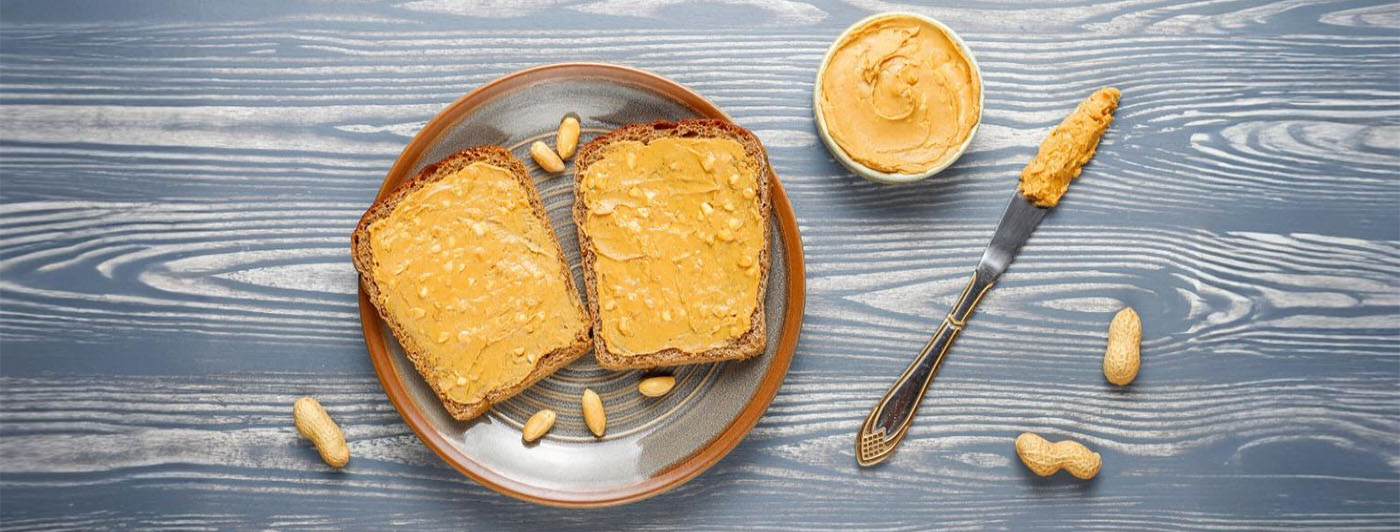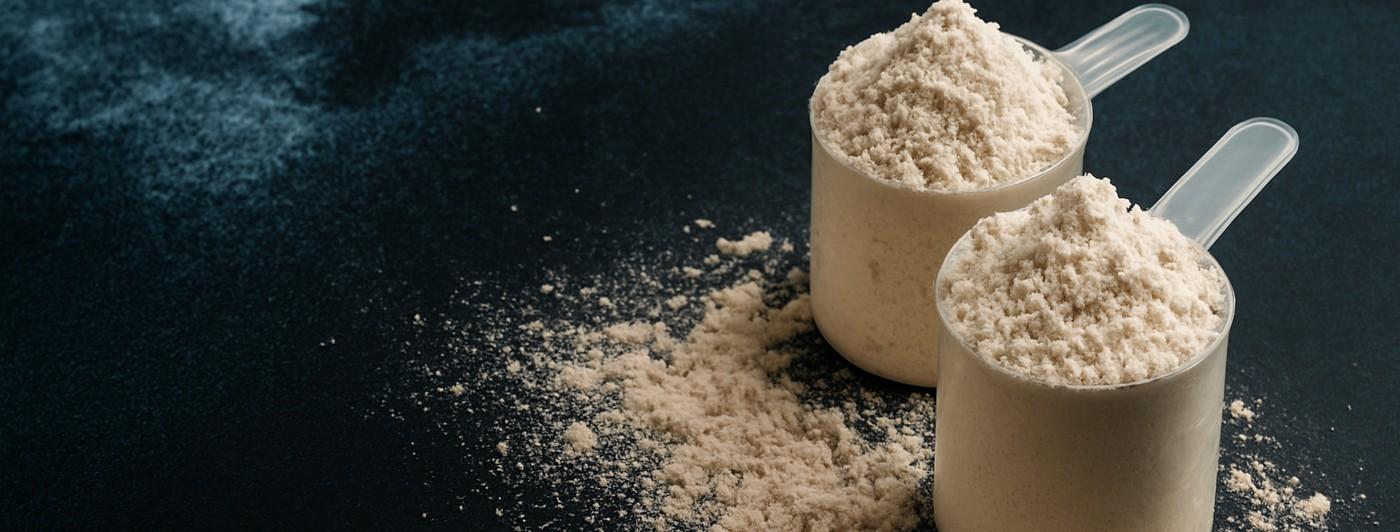Ever hit the gym buzzing with energy—only to crash halfway through your workout, feel your heart race uncontrollably, or end up with an upset stomach? You’re not alone. What’s supposed to supercharge your performance can sometimes leave you feeling worse than when you started.
Pre-workout supplements have become a staple for many fitness enthusiasts, promising increased energy, endurance, and focus. But while these benefits are tempting, they often come at a price—pre workout side effects. From jitters to digestive issues, many people experience unpleasant symptoms that not only hinder performance but also impact overall well-being.
In this guide, we’ll dive deep into the 7 common pre workout side effects and how to avoid them, especially with natural strategies and smarter nutrition. You’ll also learn why switching to plant protein and more wholesome options can significantly reduce these issues and make your fitness journey healthier and more sustainable.
Understanding Pre Workout Side Effects and Smart Ways to Prevent Them
Not all energy is good energy—especially when it comes from artificial or stimulant-heavy supplements. Pre workout side effects can range from mild discomfort to serious health risks, depending on the formulation, dosage, and your body’s sensitivity. Let’s explore the most common symptoms and how to sidestep them with smarter, safer choices.
1. Jitters and Restlessness
One of the most frequently reported pre workout side effects is the feeling of jitteriness or restlessness. This is primarily caused by high caffeine levels—some pre-workout formulas contain up to 400 mg per serving, equivalent to 4 cups of coffee! While caffeine can temporarily boost alertness, too much can overstimulate the nervous system, leading to anxiety, elevated heart rate, and insomnia.
How to Avoid It:
-
Start with a half dose to assess your tolerance.
-
Avoid additional caffeine from coffee or tea before your workout.
-
Choose a low-stimulant or stimulant-free pre-workout.
-
Eat wholesome foods like bananas, oats, or dates 30–60 minutes before exercise for a natural energy lift.
-
Consider switching to plant based protein powder blends that include energizing adaptogens like maca or ginseng—without the caffeine spike.
2. Tingling Sensation (Paresthesia)
That tingling sensation in your hands, face, or chest after taking pre-workout is called paresthesia. It’s usually caused by beta-alanine, an amino acid that buffers acid in muscles. Although it's not harmful, it can feel uncomfortable and even alarming for first-timers.
How to Avoid It:
-
Check the label and choose products with a lower dose of beta-alanine.
-
Space out your intake by sipping slowly instead of gulping the entire serving.
-
Combine with calcium and protein rich food like fortified tofu, chia seeds, or a small serving of Greek yogurt (or its plant-based counterpart) to buffer the effects.
3. Digestive Discomfort
Another troubling pre workout side effect is digestive discomfort. Ingredients like creatine, magnesium, artificial sweeteners, and sugar alcohols can lead to bloating, gas, or cramps—especially when consumed on an empty stomach.
How to Avoid It:
-
Opt for clean-label pre-workouts with minimal additives.
-
Avoid artificial sweeteners like sucralose or xylitol if you’re sensitive to them.
-
Eat a light, balanced snack beforehand such as a smoothie made with plant protein, banana, and a handful of spinach. This not only fuels you but also supports digestion.
Including a source of biotin rich foods, such as almonds or sunflower seeds, can also support better gut health and metabolism before exercise.
4. Dehydration
Since many pre-workouts contain caffeine, they act as mild diuretics—leading to increased urination and potential dehydration. Dehydration can cause dizziness, headaches, muscle cramps, and poor workout performance.
How to Avoid It:
-
Drink 1–2 cups of water at least 30 minutes before your workout.
-
Add electrolytes to your water naturally using a pinch of salt and lemon juice.
-
Avoid alcohol or excess sodium in the hours leading up to training.
Combine your hydration strategy with a vegan protein smoothie to maintain muscle fuel and hydration simultaneously.
5. Elevated Heart Rate and Blood Pressure
Some pre-workouts cause rapid heartbeat or spikes in blood pressure, which may be dangerous for individuals with cardiovascular concerns or stimulant sensitivity. This is one of the more serious pre workout side effects, and it requires immediate attention if symptoms persist.
How to Avoid It:
-
Avoid formulas with yohimbine or high levels of caffeine.
-
Consult a doctor if you have any pre-existing conditions.
-
Use natural alternatives like beetroot juice, which improves blood flow through nitric oxide production.
Eating vitamin B12 foods like fortified plant milks, nutritional yeast, or whole grain cereals supports red blood cell production and energy metabolism—without elevating blood pressure.
6. Sleep Disturbances
Taking pre-workout late in the day is a sure way to mess with your sleep. Caffeine can linger in your system for up to 6 hours or more, keeping your body wired long after the workout ends.
How to Avoid It:
-
Schedule workouts earlier in the day.
-
Use stimulant-free pre-workouts that rely on natural ingredients like BCAAs and plant protein to aid performance without sleepless nights.
Include calming nutrients in your post-workout meal—magnesium-rich foods like pumpkin seeds and calcium and protein rich food can help relax your muscles and mind.
7. Crashing or Energy Slumps
Perhaps the most disappointing pre workout side effect is the crash that follows. The sudden drop in energy after the caffeine wears off can leave you feeling sluggish and mentally drained.
How to Avoid It:
-
Fuel your body consistently with slow-digesting carbs and protein before and after workouts.
-
Avoid fast-acting sugars and instead focus on whole-food-based pre-workouts.
Try a post-workout shake with protein powder for women or general use, using ingredients like oats, flax, berries, and plant protein.
Don’t forget that maintaining a calorie deficit to lose weight should still support your energy needs—undereating around workouts can worsen these crashes.
The Smarter Pre-Workout Alternative
-
The takeaway? You don’t need harsh stimulants to power your workouts. You need the right nutrition.
-
Build meals with protein powder for women or men that cater to your specific needs—especially if you're on a plant-based diet.
-
Choose plant based protein powder options that are free from artificial additives and easy on digestion.
-
Emphasize calcium and protein rich food combinations like tofu and leafy greens.
-
Include biotin rich foods (like seeds, sweet potatoes, and avocados) to support metabolic health and recovery.
-
Balance your energy needs with wholesome foods that provide slow-digesting carbs and fiber.
Final Thoughts
Pre workout side effects don’t have to be the price you pay for energy. With mindful ingredient choices, proper timing, and a shift toward whole-food nutrition—especially with a preference for plant protein—you can power your workouts safely and effectively. Whether you’re focused on strength, endurance, or simply feeling your best, understanding your body’s responses and fueling it naturally is the most sustainable way to reach your fitness goals.
So next time you reach for that scoop of pre-workout, ask yourself: “Is this going to help or hinder me today?” Your body—and your workout—will thank you.












